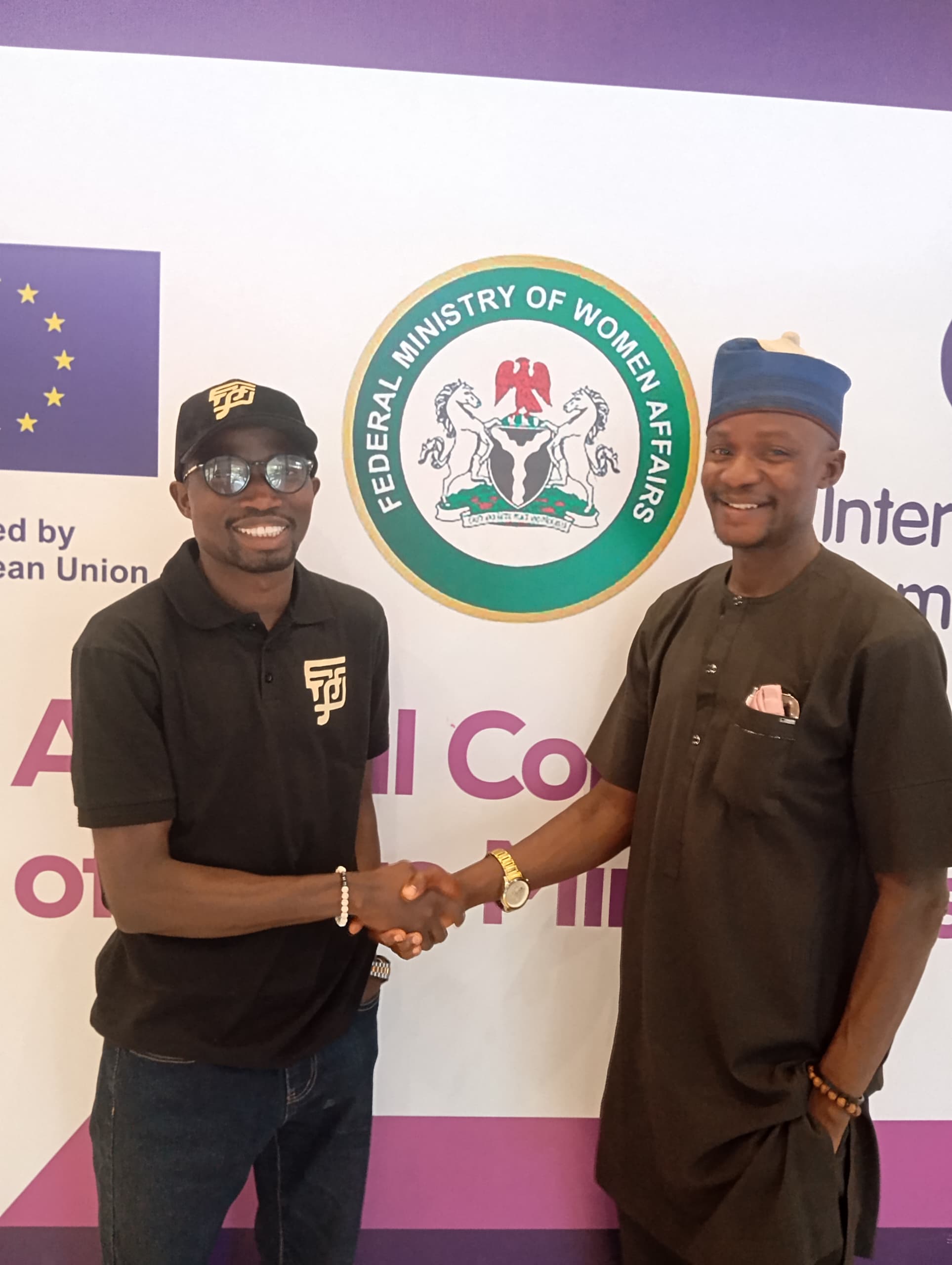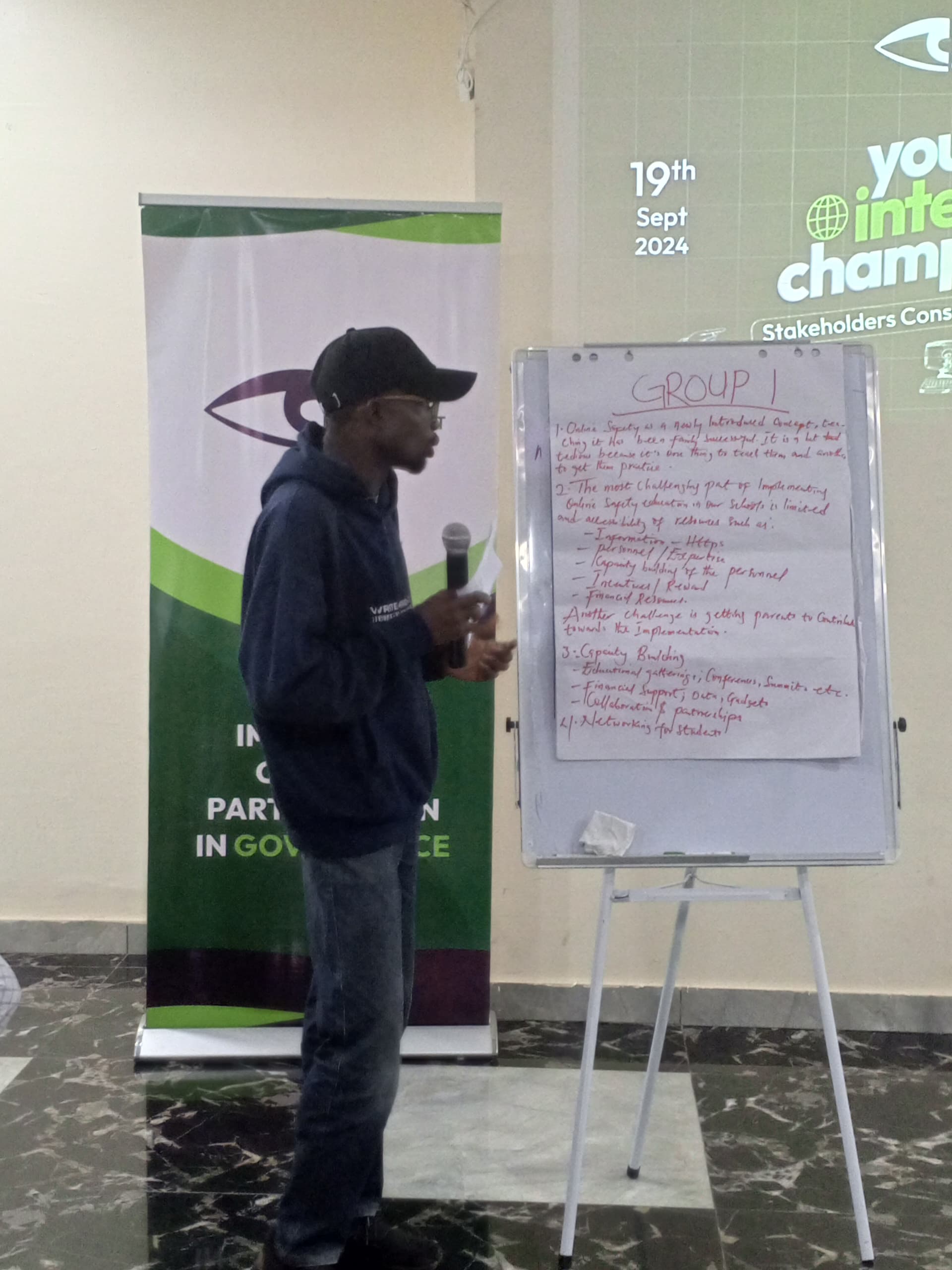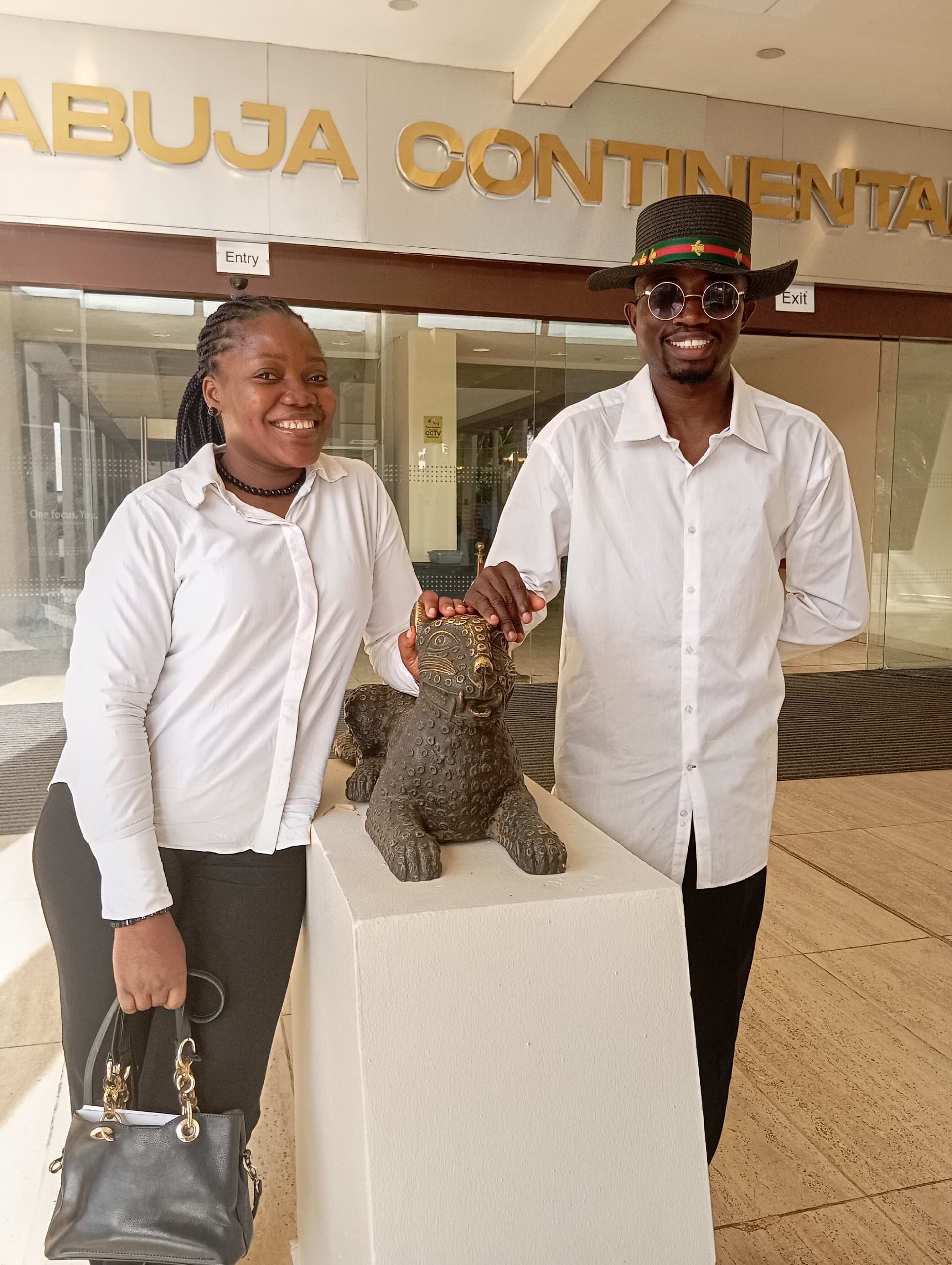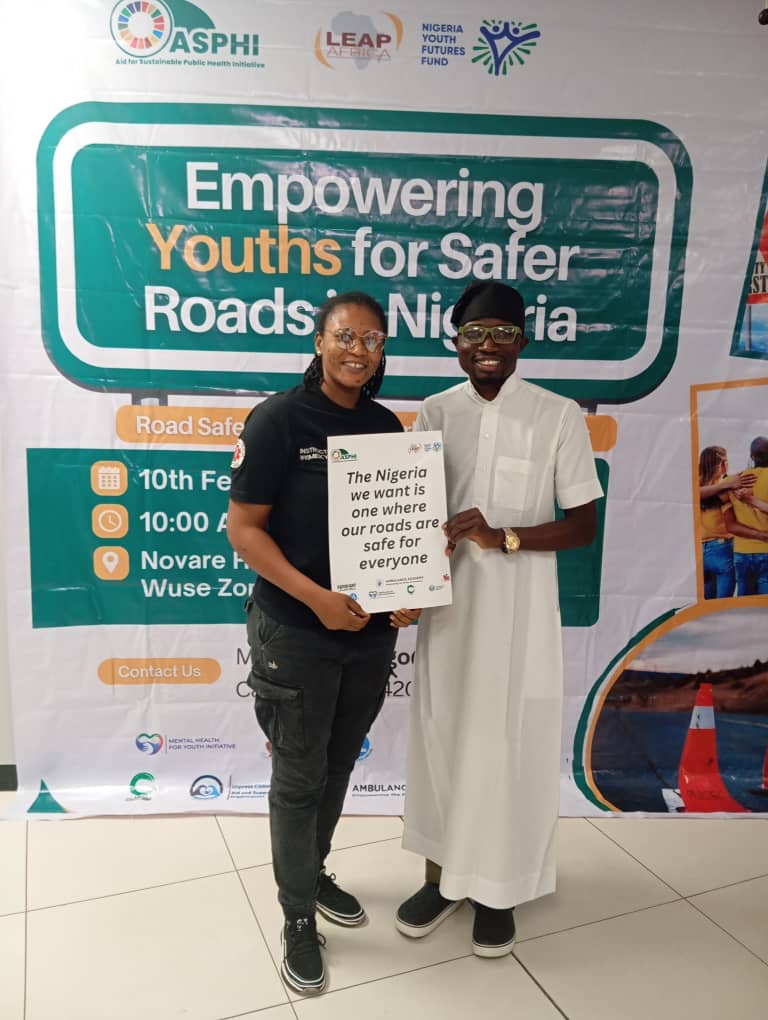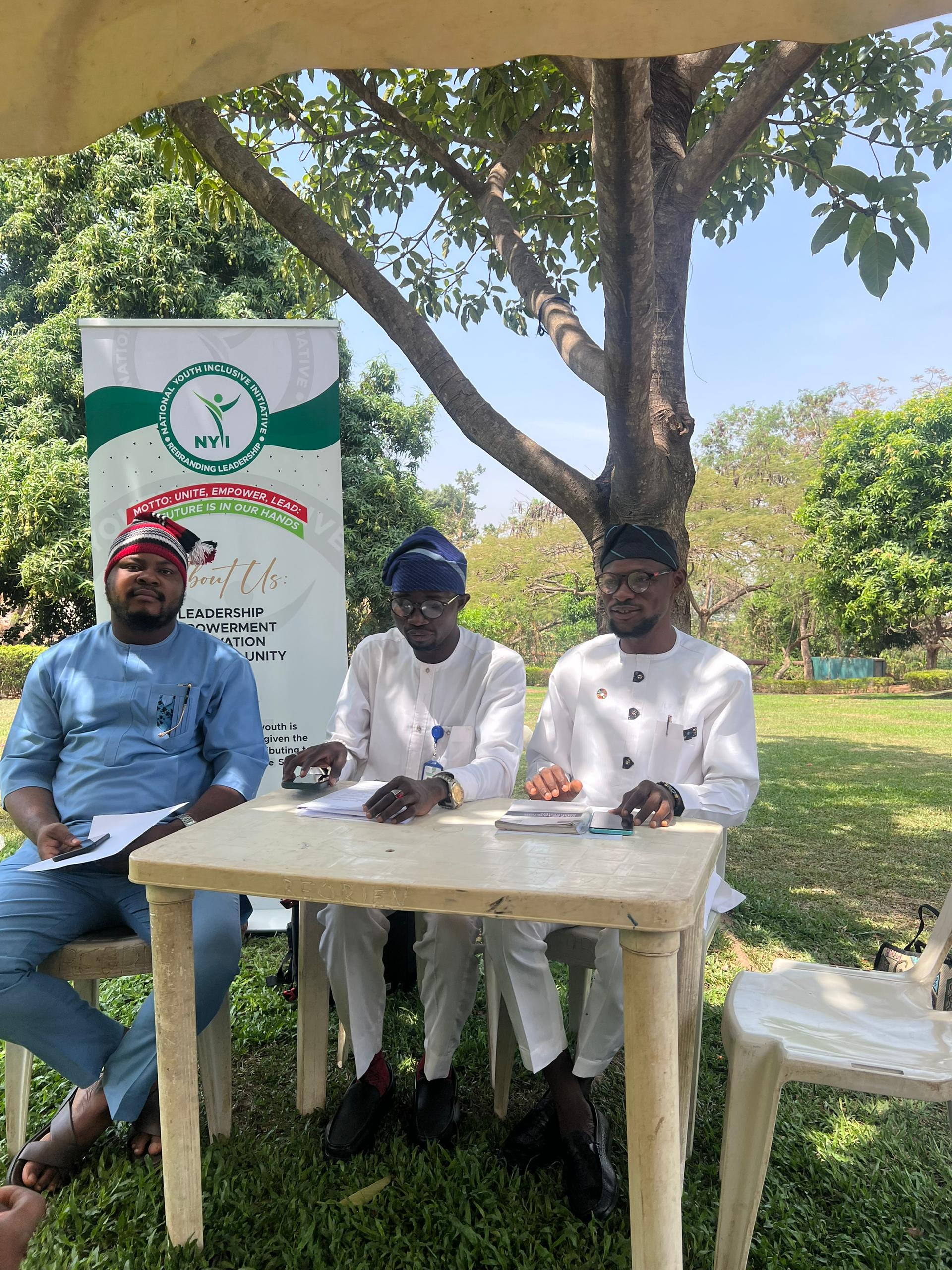When it comes to youth development, passion and purpose are essential—but they’re not enough. For any initiative to be truly impactful, accountability and monitoring must be part of the foundation.
Too often, programs are launched with great fanfare but little follow-through. Young people attend training sessions or receive support, yet no one checks back to see if the knowledge stuck, if the support was useful, or if the youth themselves felt empowered.
That’s where monitoring and accountability come in—not just as formal processes, but as values that guide the way we work.
Why Monitoring Matters
Monitoring helps organizations stay on track. By tracking inputs (what was done), outputs (what was achieved), and outcomes (what changed), it becomes easier to:
- Identify what’s working and what’s not.
- Adjust strategies in real-time.
- Provide evidence of impact to stakeholders and funders.
For example, if a digital literacy program promises to train 50 youths but only 20 attend, monitoring helps flag the gap early and uncover the reasons why. Is it a timing issue? Was the outreach ineffective? These insights are crucial for growth.
The Role of Accountability
Accountability goes beyond keeping records. It’s about being answerable to the people you serve. In youth development, this means:
- Giving young people a voice in designing and evaluating programs.
- Sharing progress reports with communities.
- Being open about challenges and limitations.
When young participants feel heard and respected, they engage more fully. And when communities see transparency, trust is built—trust that fuels long-term partnerships and support.
Building Systems That Work
Successful programs often use tools like:
- Pre- and post-assessments.
- Feedback forms.
- Focus group discussions.
- Regular reporting dashboards.
- Youth-led evaluation sessions.
But even more important than the tools is the mindset—a commitment to learning and accountability at every level.
Whether you’re running a grassroots initiative or a large-scale youth project, embedding accountability and monitoring into your work increases not only your effectiveness but also your credibility.
Because in the end, youth development isn’t just about doing something for young people. It’s about working with them—and being accountable every step of the way.







